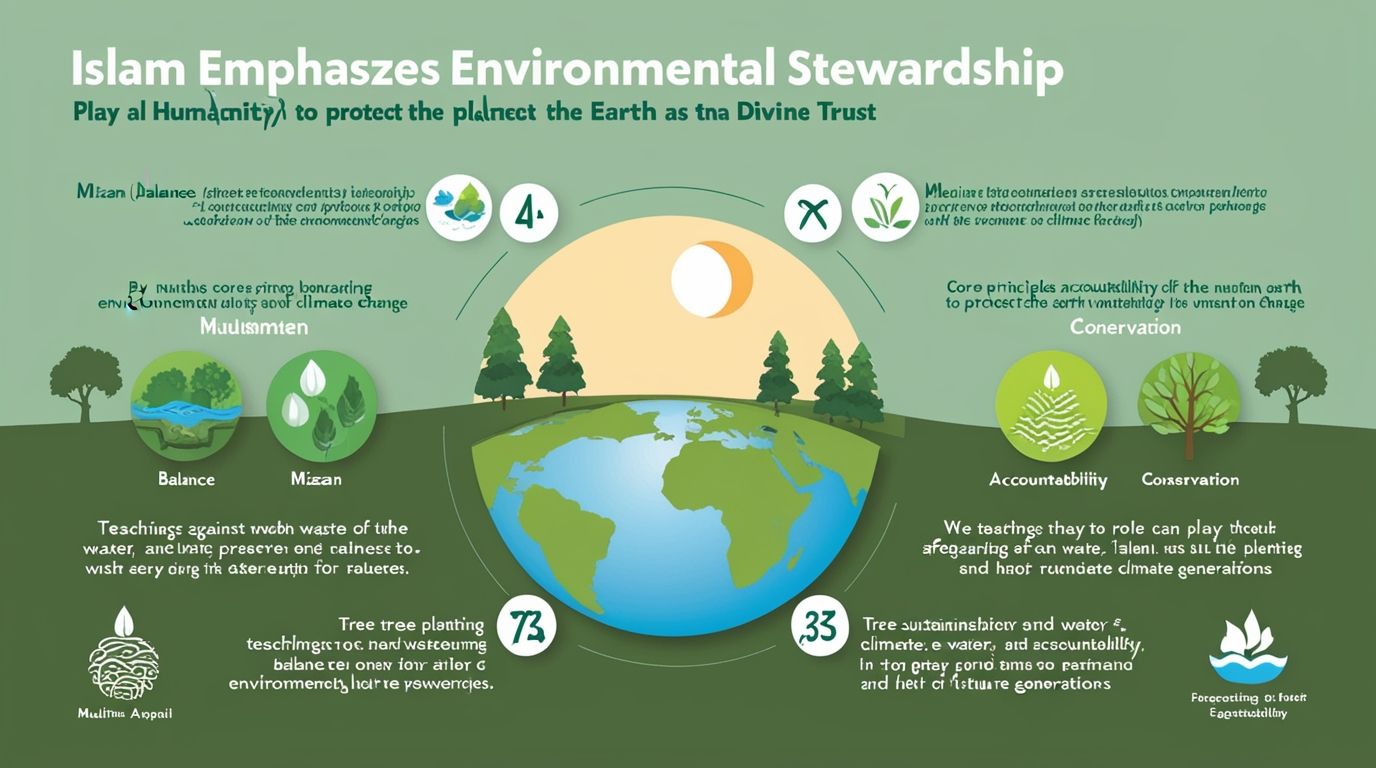Climate change is an intricate and pressing issue that has become one of the most significant global challenges of the 21st century. It refers to long-term alterations in temperature, precipitation, and other atmospheric patterns, largely driven by human activities. The consequences of climate change are far-reaching, impacting ecosystems, economies, and societies worldwide. The discussion around this topic has intensified as scientific evidence continues to reveal the accelerating pace of environmental degradation and its dire implications.
Human activities, particularly the burning of fossil fuels, deforestation, and industrial processes, are primary contributors to climate change. These actions release greenhouse gases such as carbon dioxide, methane, and nitrous oxide into the atmosphere, trapping heat and leading to a phenomenon known as the greenhouse effect. This effect is responsible for the steady increase in global temperatures, often referred to as global warming. Over the past century, the Earth’s average temperature has risen by approximately 1.2 degrees Celsius, a seemingly small but highly impactful change.
One of the most visible impacts of climate change is the melting of polar ice caps and glaciers. Rising temperatures cause ice to melt at unprecedented rates, contributing to rising sea levels. Coastal regions face the risk of flooding, threatening human settlements and infrastructure. Small island nations are particularly vulnerable, with some facing the possibility of submersion. This scenario poses a significant humanitarian crisis, as displaced populations will require relocation and support.
In addition to rising sea levels, climate change has led to more frequent and intense weather events. Hurricanes, droughts, and heatwaves have become increasingly common, causing widespread destruction and loss of life. Such events disrupt agriculture, leading to food shortages and price inflation. Farmers face unpredictable growing seasons, making it difficult to sustain crop yields and livestock health. This threatens global food security, exacerbating hunger and malnutrition, especially in developing countries.
Ecosystems and biodiversity are also under threat. Many species struggle to adapt to changing temperatures and altered habitats, resulting in shifts in migration patterns and the extinction of vulnerable species. Coral reefs, for example, suffer from bleaching due to rising ocean temperatures, endangering marine life that depends on them. Forests, often referred to as the lungs of the Earth, face increased risks of wildfires, further reducing their capacity to absorb carbon dioxide.
The economic impact of climate change cannot be overlooked. Damage to infrastructure, loss of agricultural productivity, and increased healthcare costs place immense financial strain on nations. Developing countries bear the brunt of these impacts, as they often lack the resources and technology to mitigate or adapt to climate change. This disparity highlights the need for global cooperation and support to ensure a just transition to sustainable practices.
Efforts to combat climate change have gained momentum through international agreements such as the Paris Agreement, which aims to limit global temperature rise to well below 2 degrees Celsius above pre-industrial levels. Nations are encouraged to reduce emissions, invest in renewable energy sources, and enhance resilience to climate impacts. Renewable energy technologies, including solar, wind, and hydroelectric power, offer viable alternatives to fossil fuels and play a crucial role in achieving sustainability.
Public awareness and education are equally vital in addressing climate change. Individuals can contribute by reducing energy consumption, minimizing waste, and adopting sustainable lifestyles. Advocacy and grassroots movements have also pushed governments and corporations to adopt greener policies. The youth, in particular, have emerged as powerful voices in the fight against climate change, demanding urgent action through global campaigns.
Despite these efforts, challenges remain in implementing effective climate policies. Political and economic interests often hinder progress, and the transition to a low-carbon economy requires substantial investment and innovation. Moreover, misinformation and skepticism about climate science continue to undermine public support for necessary reforms.
Adaptation strategies are crucial in mitigating the adverse effects of climate change. Building resilient infrastructure, improving water management, and developing early warning systems for natural disasters can help communities cope with climate-related challenges. Investment in research and development is also essential to discover new technologies and practices that promote sustainability.
The role of businesses and industries in addressing climate change is increasingly recognized. Many companies have begun adopting sustainable practices, reducing emissions, and prioritizing corporate social responsibility. Green technologies, such as electric vehicles and energy-efficient appliances, are gaining popularity, reflecting a shift towards environmentally conscious consumer behavior.
While climate change poses significant threats, it also presents opportunities for innovation and collaboration. Scientists, policymakers, and activists must work together to develop and implement solutions that balance economic growth with environmental protection. The transition to a sustainable future requires a collective effort, emphasizing the interconnectedness of human and environmental well-being.
Ultimately, climate change is not just an environmental issue but a moral and ethical challenge. It tests humanity’s ability to act responsibly and safeguard the planet for future generations. Addressing this crisis demands a paradigm shift in how societies view and interact with the natural world. The choices made today will determine the legacy left for future generations, making it imperative to prioritize sustainability and resilience in all aspects of life.
In conclusion, climate change is a multifaceted problem that demands urgent and sustained action. Its impacts are evident across ecosystems, economies, and human health, underscoring the need for comprehensive strategies to mitigate and adapt to its effects. Global cooperation, technological innovation, and public engagement are key to addressing this crisis. While the challenges are daunting, the collective determination to protect the planet can pave the way for a sustainable and equitable future.

7 thoughts on “Climate change”
Comments are closed.